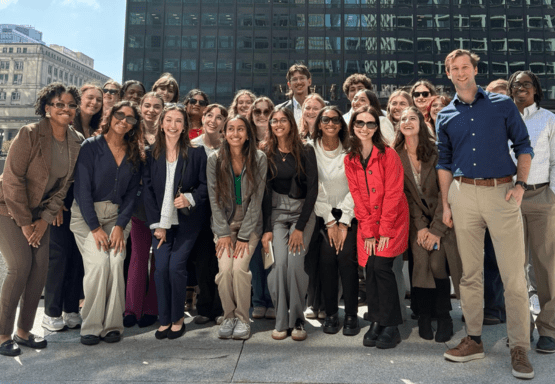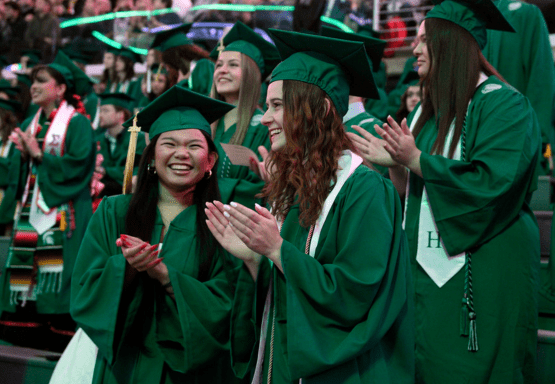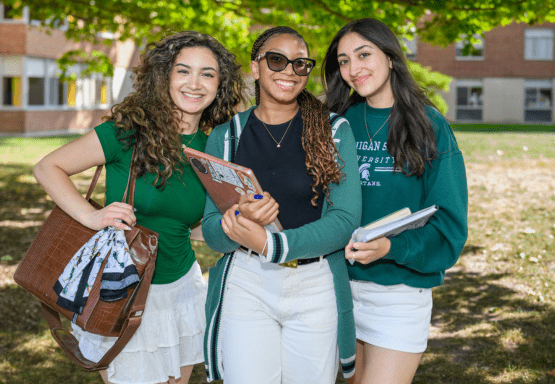Kyle T. Mays earned his bachelor’s degree in Social Relations and Policy (SRP) in James Madison College in 2009. He then earned a master’s degree (’12) and doctorate (’15) in American history at the University of Illinois Urbana-Champaign. He was recently promoted to a tenured associate professor at UCLA.
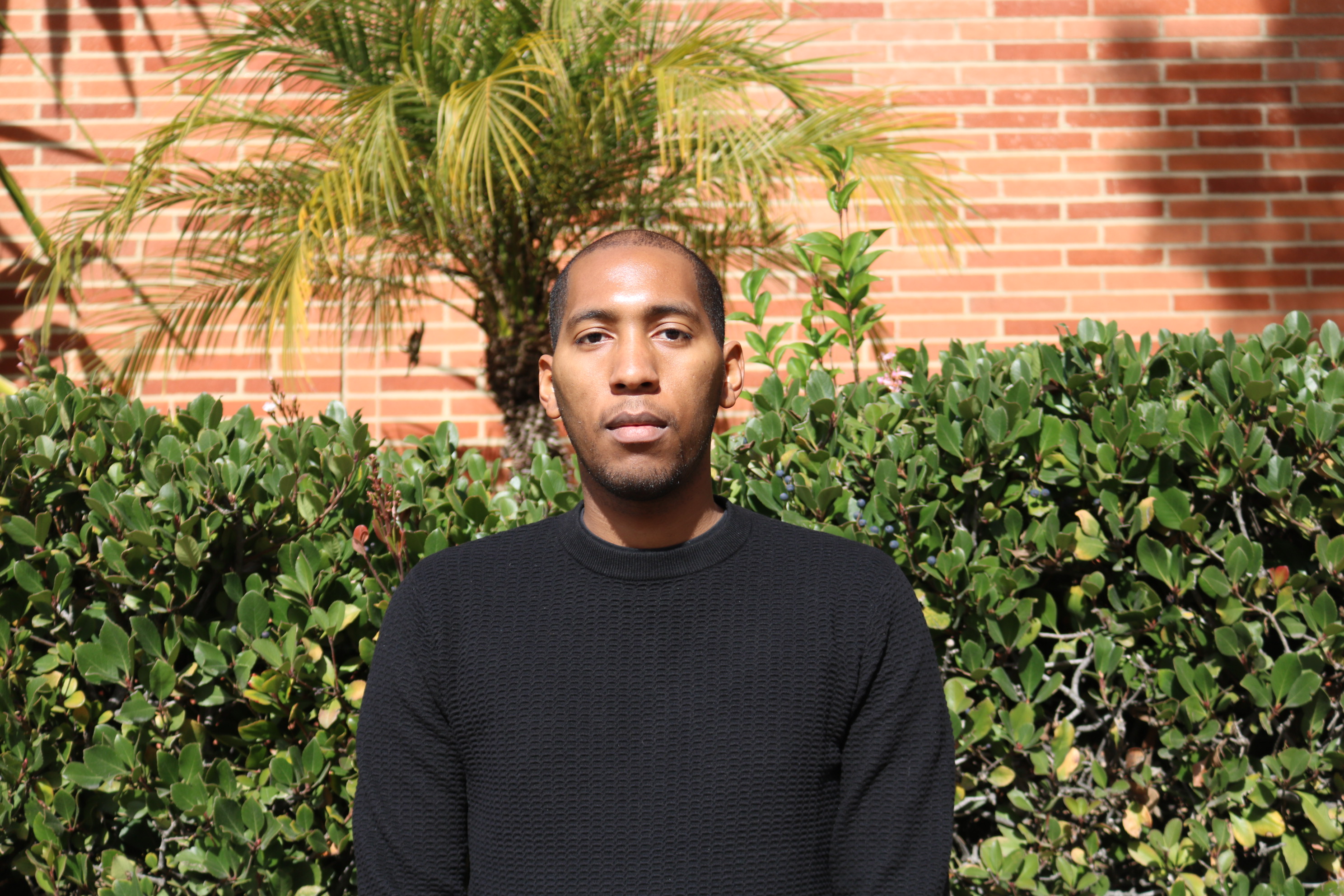
It feels like just a few years ago when I entered the back of the (was it Wilson, Wonders; I can’t recall) auditorium early, walking slowly to sit in the front row of a MC 201 lecture, carrying my iPod Shuffle, bumping Common, Lil Wayne, 50 Cent, Kanye (yes, I want the old Kanye back!), Jeezy and Mariah Carey, and even a lil bit of autotune.
I was there early. I wanted to go to Madison ever since my AP U.S. History teacher at Lansing’s Everett High School, Mr. K, suggested I go there.
Madison was the beginning of my intellectual journey — where I learned to think critically about society, democracy and (later), race, class, gender and indigeneity.
James Madison College was initially tough for me. I got a 1.7 on the first bluebook essay. Yes, a 1.7. I could write, but it wasn’t where it needed to be. Now, I’ve written and published three books. An Afro-Indigenous History of the United States (Beacon Press, 2021) has sold over 12,000 copies, so I’d say my writing is no longer worthy of 1.7.
Another way Madison shaped my academic journey was through meeting Dr. Louise Jezierski. She suggested I participate in the Ronald E. McNair Scholars Program. During my sophomore year, after a day in her social theory class, I went up to her and said, “Dr. Jezierski, all you do is write and talk about s**t you like; how do I do that?”
She laughed at my sophomoric question, and suggested I send an email to now Dr. Nettavia Curry,who was the director of the program, to see if they would take a late add. I got in. And that summer changed my life. I was able to sit down, read and write, and get paid for a whole summer. At age 19, I was sold on a career in academia.
With mentoring from a few professors, strong letters of recommendation, and their belief in me when I wasn’t so sure, I was accepted into the University of Illinois, Urbana-Champaign’s Department of History where I earned my Master’s and Ph.D. When I got to graduate school, I was as prepared — if not more prepared — than many of my peers.
Madison taught me how to problem solve. I knew how to take an idea, mold it into a research question, find the relevant literature, collect data, analyze it and write a research paper. These are skills that are necessary for any career. And, yes, having to write all the damn time has served me well in academia. I also learned to think interdisciplinarily. I may be a trained historian, but Madison taught me to think broadly, which made my research projects unconventional and more theoretically rich than others.
After finishing graduate school in 2015, I went on to do a postdoctoral fellowship at the University of North Carolina, Chapel Hill. I wrote in the mornings for several hours, enjoyed cheap, adult beverages, rinse and repeat. I also wrote my first book, Hip Hop Beats, Indigenous Rhymes: Modernity and Hip Hop in Indigenous North America (Suny Press, 2018). During this time, I was also transforming my dissertation on Detroit into a book, which was just published as, City of Dispossessions: Indigenous Peoples, African Americans and the Creation of Modern Detroit (University of Pennsylvania Press, 2022).
As an Afro-Indigenous student, I wasn’t always satisfied with the institution of Madison. I thought there was a culture of bias, and perhaps there still is systemic racism, classism and sexism. However, I also found solace in activism and an environment that promoted it, pushing me to think about neoliberalism, colonialism and racism. Where I didn’t feel seen or heard, I had a community who supported me.
Now that I’m a tenured professor in an elite public university like UCLA, I understand the limits and constraints of radical change in these types of institutions. Nevertheless, at Madison, there was always someone there to listen, to help me struggle and to develop the critical tools I needed to thrive as a scholar. Madison will always remain special to me, and I hope it will be that way for future Black, Indigenous and other students of color.
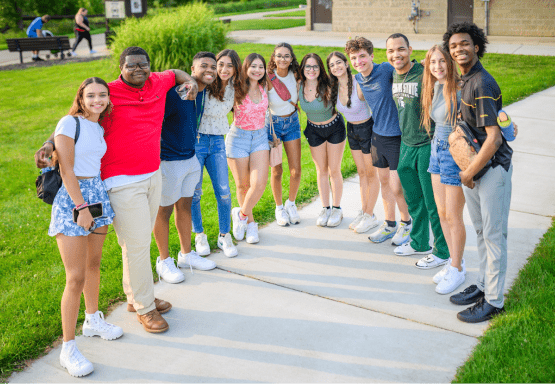
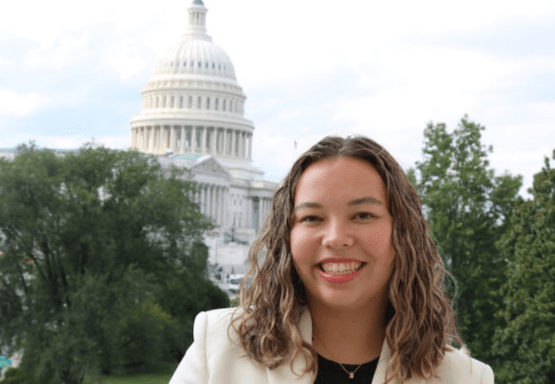
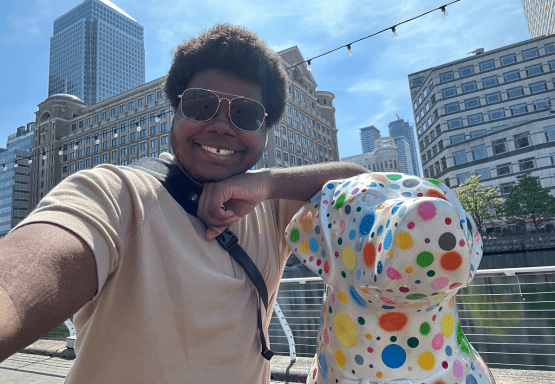
.png?h=384&iar=0&w=555)
